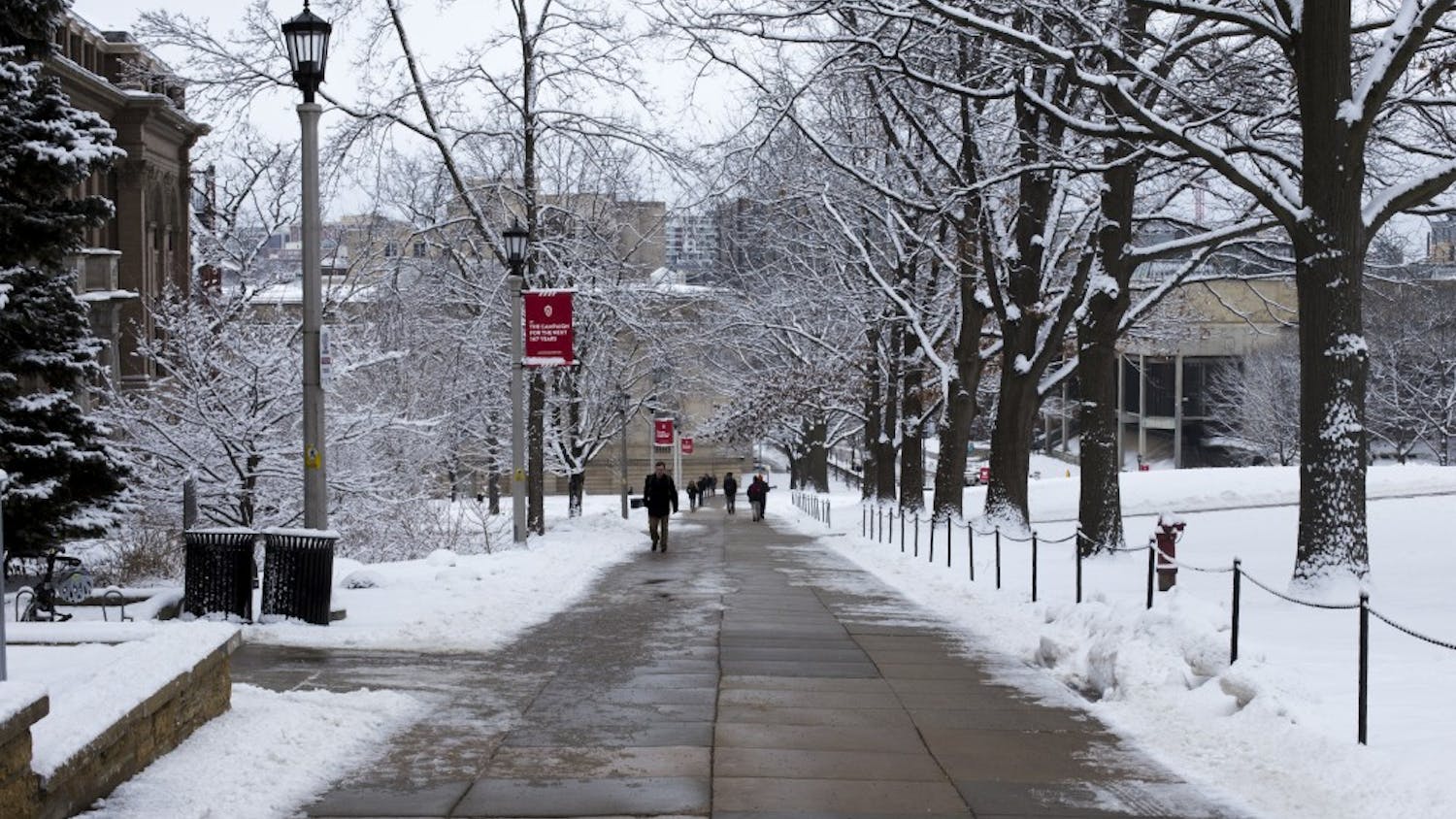Almost a year after three UW-Madison students were hospitalized with meningococcal disease, the Associated Students of Madison is taking steps to make sure it doesn’t happen again.
ASM’s Student Council unanimously passed a resolution Tuesday, introduced by Rep. Alex Hader, urging UW-Madison and the UW System to take precautionary steps to avoid another meningitis incident on campus.
The resolution calls on UW-Madison and the system to be more proactive in educating students about meningitis and its dangers, as well as about encouraging students to get vaccinated. In Fall 2016, University Health Services launched a campaign urging all undergraduates to get vaccinated to avoid the spread of the disease, but only after two students were infected with meningitis B.
“This resolution is highly important to protect students from contracting and spreading diseases,” Hader said in an email. “This resolution is specifically relevant with the past year's meningitis B outbreak and the scramble to vaccinate students as a reactive measure rather than a proactive measure like the resolution suggests.”
Meningitis is a serious disease with a rapid onset of symptoms, and it has the potential to be deadly. Gail Bailey knows this firsthand: In 2002 her son, then a UW-Madison student, died after contracting meningitis.
“The students are the ones most impacted by a disease that preys on college-age kids, especially those living in dormitories,” Bailey said. “My son Eddy thought he had the flu, but it killed him in 16 hours … he was not vaccinated, because we were unaware he needed the shot.”
Bailey reached out to ASM representatives about potential legislation regarding meningitis, which Hader said inspired her to bring the resolution.
Since her son’s death, Bailey has made it her mission to educate people on the disease that ended his life. She says she is driven by the hope that other parents may avoid what she went through.
“Eddy got a full-ride scholarship to UW-Madison because he finished first in his class here in Jefferson … he was really smart, but his biggest asset was his kindness and caring for other people,” Bailey said. “The devastation of that—I couldn’t take the thought of anyone else going through this.”
William Kinsey, MD, MPT, UW-Madison's chief medical officer and medical director of UHS, said the university "remain[s] vigilant in monitoring and reducing the spread of all communicable diseases, including Meningitis B."
“UHS is committed to the health and safety of our campus community,” Kinsey said. “Last year, during the meningococcal B outbreak, we provided more than 21,000 undergraduates with a no-cost first dose of the life-saving vaccine. This was one of the most successful mass inoculations in college health history."






